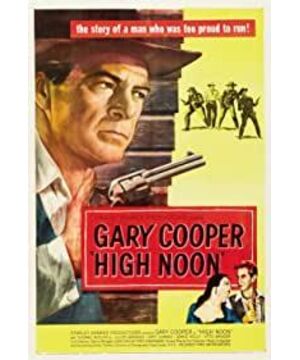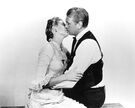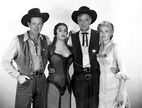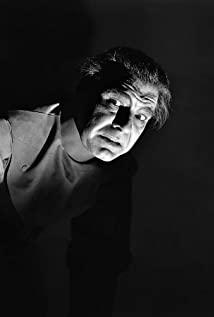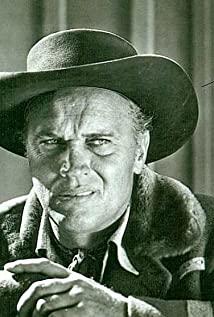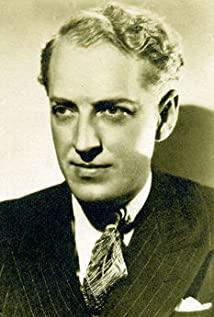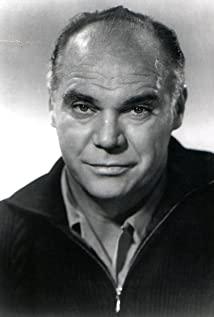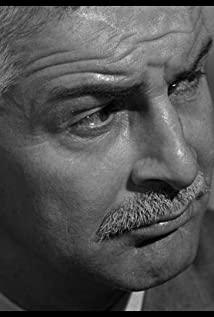Noon 1952 A few years ago, I read an article by Yan Geling, "The Police and Bandits in Chicago," which mentioned that the police in Chicago have a characteristic. They are often stern, but they often laugh at themselves reluctantly for their dislike of others. The author even made an analogy to Tommy Lee Jones, saying that this charming character contained all her feelings for the Chicago police. This also contains my feelings for Sheriff Kane. Sheriff Kane is undoubtedly more distressed. After all, he doesn't have as many colleagues as the Chicago police, and no one has stood up to affirm his righteous position. Knowing that he doesn't talk about other people's likes, he clenched his fists and held back. Conversations with colleagues in the stables exemplify his subtle self-deprecation. There were two unconventional American Westerns in the 1950s, one was John Ford's "The Searcher" and the other was "High Noon." The story of the film takes place in 85 minutes, and the film progresses in sync with it. The premise of the story remains the same, with the protagonist, Sheriff Kane, an unquestionably straight man, a real good guy. What has changed is his experience. He is not as arrogant as the protagonist of "Flying Over Mount Guan". Sheriff Kane got married at the beginning of the movie, and was dumped by his wife (temporarily) in less than an hour, leaving him alone and helpless. The 85-minute film has only 10 minutes of gunfights. For the rest of the time, the director used the camera to indifferently describe the sheriff's struggle for help. He walked all over the town, wandered under the scorching sun, but was scorned and ridiculed by fellow villagers. Everyone wanted the sheriff to get out of town, both for themselves and for themselves. The moral of the title comes from this, all human nature is exposed to the noon sun. Why didn't the sheriff leave? I think it's just the nature of justice. I think the sheriff is in a dilemma, that is, most people are unwilling to help him, some old, weak, sick and disabled volunteer to join, and he has to refuse for their safety, so he has to find the gangsters to single out. The film is textbook level. Many of the knowledge in the book has been used, including the gangster's arrogance, and the sheriff's loneliness and helplessness. Beautiful shots of course last, the trio of gangsters are cool (of course their boss is ugly), and the wonderful shot of one of the guys playing the harmonica in the waiting station is unforgettable for a long time. The mournful ballad echoed at the end. The sheriff fulfilled his promise to his lover, witnessed the warmth of human affection, and left the western town in a carriage with his wife. And after many years, American movies have finally come out of the bar, the small town, the sheriff's western era.
View more about High Noon reviews


